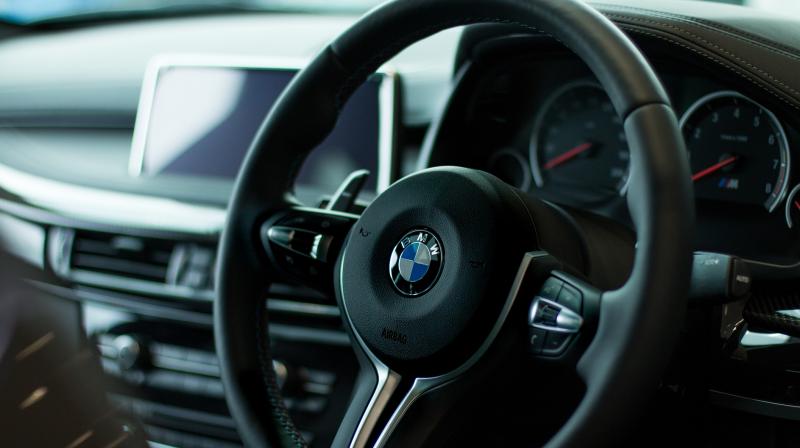NXP, French company club in for self-driving car chips
NXP has never specialized in the kind of heavy-duty computing chips required to interpret the mass of sensor data.

Dutch chipmaker NXP Semiconductors NV said on Tuesday it will team up with French chip firm Kalray SA to craft computers for self-driving cars, in an effort they hope will ease the path to winning future approval of their computers from safety regulators.
NXP has long supplied chips to the automotive market and boasts deep ties in that industry, one reason that Qualcomm Inc agreed to pay $44 billion for the firm even though the deal was eventually abandoned.
But NXP has never specialized in the kind of heavy-duty computing chips required to interpret the mass of sensor data that helps self-driving cars “see” the road.
Ever since the Qualcomm deal fell apart last year after failing to win Chinese regulatory approval, NXP has sought to chart a new path while larger rivals like its erstwhile suitor and Nvidia Corp push deeper into the nascent self-driving car computer market with increasingly powerful processors.
To obtain the computing muscle needed to help cars “see,” NXP said on Tuesday at the Consumer Electronics Show in Las Vegas it will team with a 10-year-old French chip firm that started in the aerospace sector. Kalray makes what is known as a parallel processor, which, similar to chips made by Nvidia, excels at processing the visual data that cars will use to see the road.
Kalray Chief Executive Eric Baissus told Reuters in an interview that chip reliability has long been the company’s focus because of its aerospace history. Its chips have 288 so-called cores that can each be run independently, so that if one fails another can take over without the chip missing a beat.
“The whole architecture has been designed with safety in mind,” he said.
Kamal Khouri, head of NXP’s advanced driver assistance unit, said in an interview that automakers have told the Dutch chip firm that proving the safety of self-driving computers is a key challenge. That can be harder when the two elements of self-driving - interpreting the sensor data that helps the car see the road, and making so-called path-planning decisions about how to drive - are combined.
Khouri said automakers think it will be easier to prove systems are safe in a segmented system like NXP’s, where Kalray’s chips will do the seeing and NXP’s chip will make the driving decisions.
“It’s not so much about putting technology out there it’s about asking ourselves how we solve some of these really complex safety problems,” he said.
NXP, Self driving car, Chips

